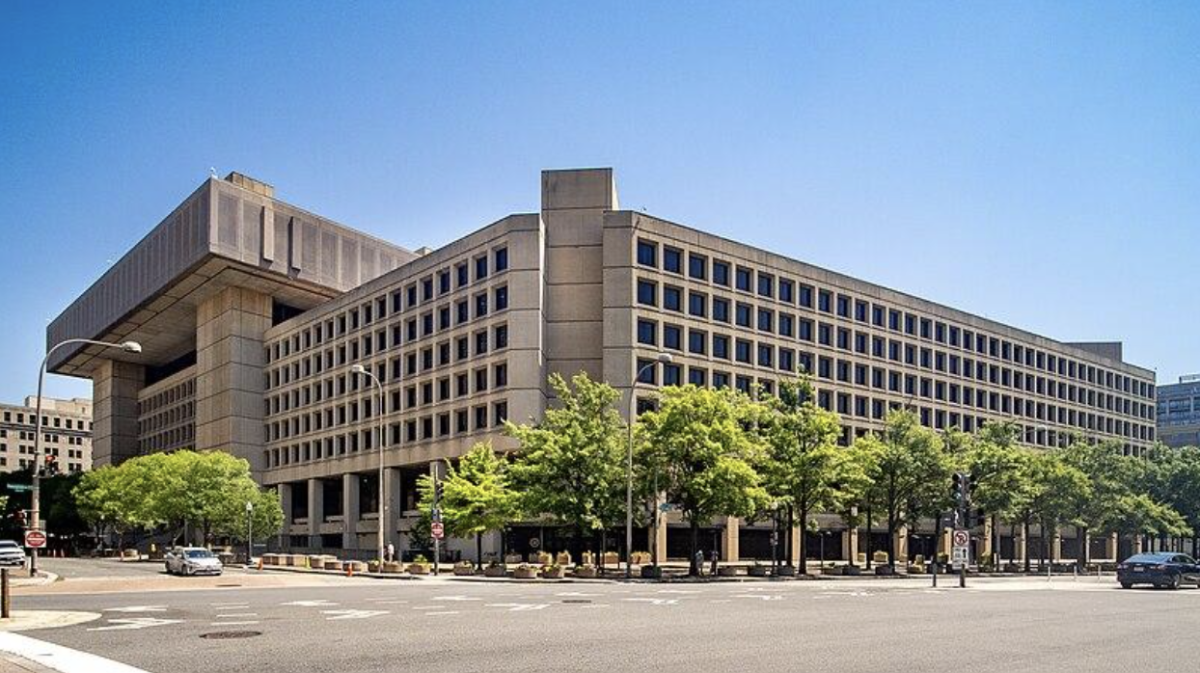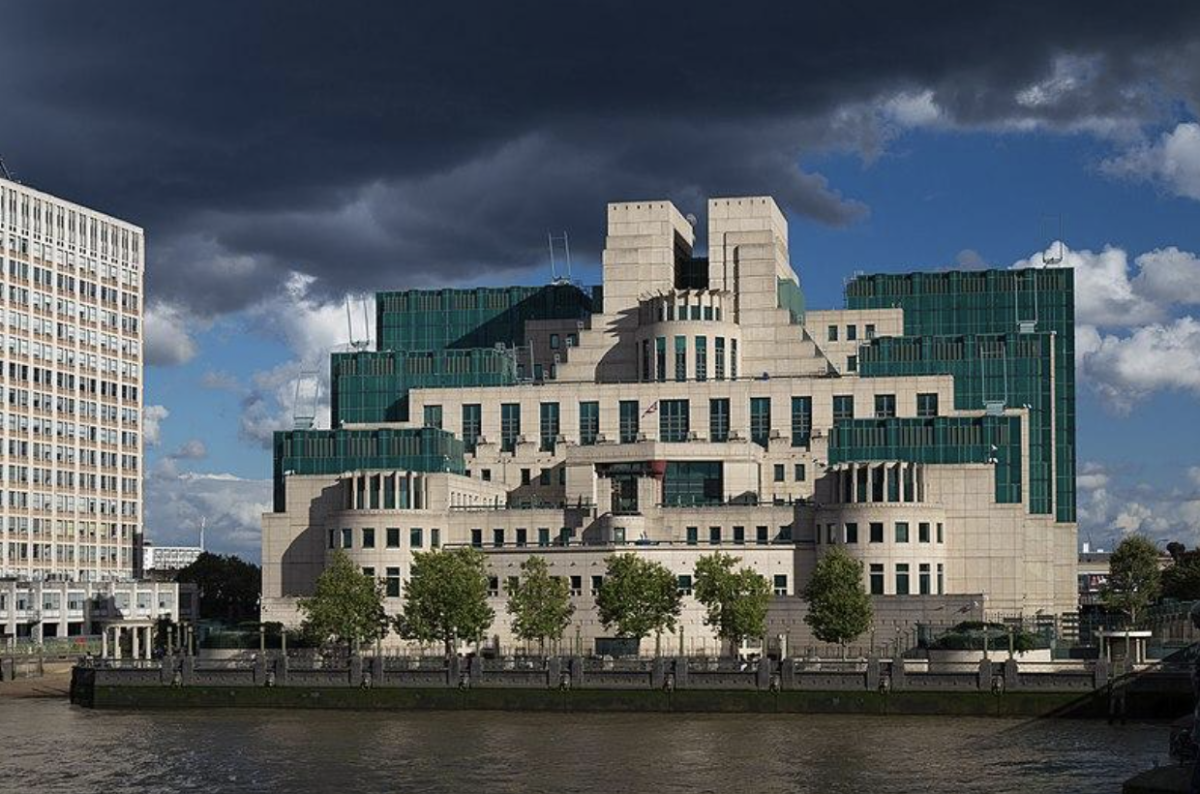In the dimly lit corridors of justice, where secrets whisper and shadows dance, there exists an organization that transcends mere law enforcement. The Federal Bureau of Investigation (FBI), shrouded in mystique, has captured the collective imaginations of writers, readers, and conspiracy theorists. But peel back the layers, and you’ll find a tapestry woven with threads of heroism, intrigue, and the relentless pursuit of truth.
—————————————————————-
The Federal Bureau of Investigation (FBI) is a cornerstone of American law enforcement. Its history, mission, and impact extend far beyond the silver-screen portrayals of dashing agents and high-tech gadgets. In this article, we delve into the real-world functions of the FBI, dispelling myths and exploring its critical role in safeguarding the nation.
Core Responsibilities:
The FBI’s responsibilities are vast and varied, encompassing various criminal and national security threats. Here are some of the critical areas the FBI focuses on:
- Counterterrorism: The FBI’s top priority is to protect the United States from terrorist attacks. This involves identifying and neutralizing domestic extremists and dismantling terrorist networks worldwide.
- Cyber Crime: As the lead federal agency for investigating cyber attacks, the FBI tackles crimes committed by criminals, overseas adversaries, and terrorists. The threat of cybercrime is significant and continually growing.
- Counterintelligence: The FBI works to expose, prevent, and investigate intelligence activities, including espionage, within the United States.
- Civil Rights: The FBI enforces civil rights laws, investigating hate crimes, the color of law abuses by public officials, human trafficking, and other violations
- Public Corruption: This is the FBI’s top criminal investigative priority. It addresses corruption at all levels of government, including border corruption, election crimes, and prison corruption.
- Organized Crime: The FBI targets transnational organized crime groups threatening national and economic security.
- Violent Crime: The FBI plays a crucial role in combating violent crime, including gang violence, crimes against children, kidnappings, and bank robberies.
- White-Collar Crime: These non-violent crimes can have devastating effects, such as destroying companies, wiping out life savings, and eroding public trust in institutions.
- Environmental Crime: The FBI investigates violations of U.S. laws designed to protect the environment, human health, worker safety, and animal welfare.
Myths and Realities Scope and Jurisdiction:
“The FBI? Oh, they’re like James Bond, right?” Not quite…
TV shows and movies often show the FBI as all-powerful crime fighters, but this isn’t true. The FBI has limits on what it can do. It examines federal crimes such as cyberterrorism, organised crime, and spying. Local police handle things like murders and break-ins.
FBI agents don’t live like James Bond. Their job involves a lot of careful research, watching suspects, and working with other agencies. They use legal tools like subpoenas and wiretaps to do their job. Clear Communication and Reports Writing about the FBI requires exact and precise language. This applies to reports, legal papers, or messages within the agency. Agents need to explain complex things concisely while keeping a professional tone.
The FBI’s role in maintaining national security and enforcing federal laws is critical. Its comprehensive approach to tackling a wide array of threats ensures the safety and security of the United States and its citizens. The FBI continues to be a cornerstone of American law enforcement and intelligence through its investigative prowess and extensive services.
Sources:











